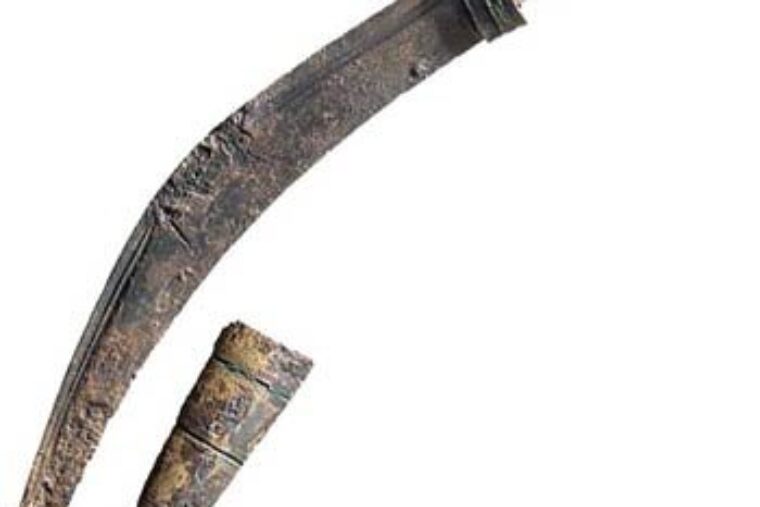“SHMIRAT HA-GOUF” – HEBREW PROVERB
Yaakov (Jacob) one of the Jewish nation’s forefathers exemplified a fundamental Torah principle: preparation. He took both spiritual and practical measures to protect his family and nation from an attack from his brother Eisov (Esau). First, Jacob prayed for deliverance and protection, second, he appeased Esau with gifts, and third, he prepared for war[1]. An understanding of the laws of self-defense is just as necessary for communities today as it was for the Patriarch Jacob. In an increasingly dangerous world, you may be your own first and last line of self-defense.
Importantly, Jewish law does not renounce pacifism or deconfliction as a practical response in cases of imminent danger or threat. In other words, the Jewish definition of pacifism, clearly found in the Jewish tradition, is “the minimization of violence.”. Rashi, quoting the Talmud which clearly mandates self-defense, comments, “Here the Torah has taught: if someone comes to kill you, rise up and kill him.”[2]
This three-fold approach of spiritual preparation, diplomacy, and training to prevent violence is incumbent on all responsible citizens. Western secular self-defense laws arguably follow the oldest written law, halacha (Torah law) reinforcing halachic self-defense mandates. Judaism unequivocally supports the fundamental right of defending oneself or a third party in danger.[3] The Torah states that the preservation of one’s life over the life of another applies in “cases of uncertain danger.”[4] Additionally, a person is permitted to kill an attacker bent on mayhem, rape, or murder to save his own life or another’s life.[5]



